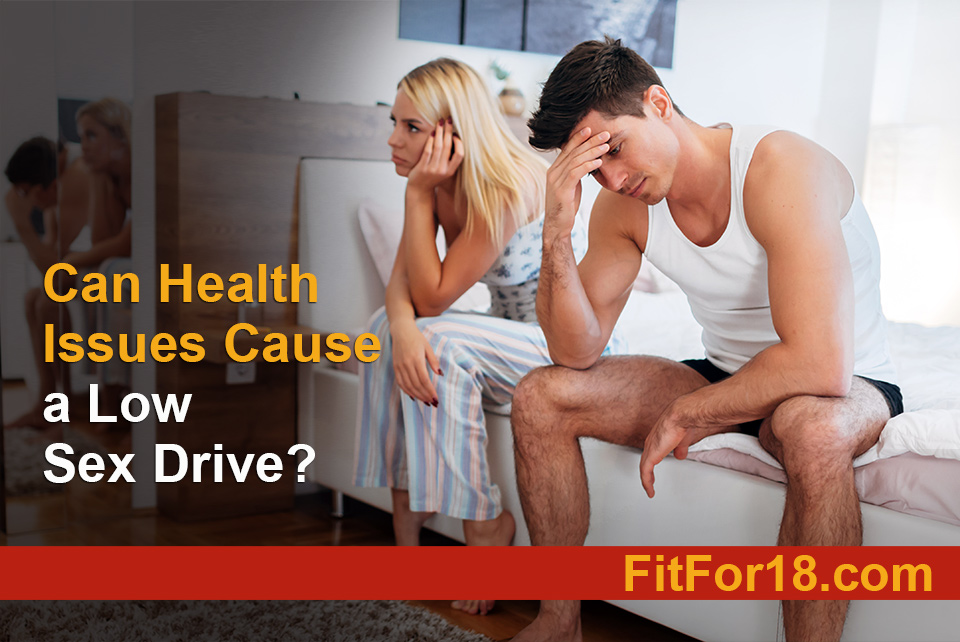The Silent Struggle
Even though I have conversations with clients about anything when it comes to their health and lifestyle, one of the hardest topics for people to talk about is their sex drive. Whether you’re a man or a woman, a low sex drive does affect many of us and is something that should be addressed for the well-being of our mental health.
Surprisingly, age isn’t a factor when it comes to a low libido. Certain health conditions are often the culprit of a low sex drive. People come to me for all kinds of goals that will help them have a healthier, more active lifestyle. Part of that healthy active lifestyle also includes having a healthy sex drive.
Certain Medical Conditions Can Affect Your Sex Drive
When it comes to our health, you have to keep some things in mind that you need to keep under control to maintain a healthy active lifestyle. Certain health conditions like high blood pressure, diabetes, and high cholesterol can have a terrible effect on having a healthy active lifestyle which includes a decreased sex drive.
Here are a few examples of how these medical conditions can affect your sex life.
High Blood Pressure
High blood pressure (HBP), also known as hypertension, can have negative effects on your sex drive and sexual function. For one, HBP can damage blood vessels and reduce blood flow to various parts of the body including the genital area. For men this could lead to erectile dysfunction. For women, this could lead to decreased sexual arousal.
Blood Pressure Medication
Some blood pressure medications can reduce your libido, diminish sexual desire, and cause erectile dysfunction. At times treatment for blood pressure issues can cause fatigue and tiredness, making it difficult to engage in sexual activity or maintain interest in it. Although you benefit from taking medication, if possible, try to manage high blood pressure with a healthier lifestyle.
Diabetes
When it comes to diabetes, there are several negative effects on your sex drive and sexual function. Due to its impact on the body’s blood vessels, nerves, and hormone levels, diabetes can lead to nerve damage which includes the nerves that control sexual response. This type of nerve damage can result in reduced sexual sensitivity and difficulty in achieving sexual arousal.

For women, diabetes can cause reduced blood flow to the genital area in women. This reduction in blood flow can contribute to female orgasmic problems.
In contrast, diabetes can cause issues with blood circulation which could cause erection issues in men. Moreover, diabetes can affect men’s testosterone levels which could cause a reduced libido.
This is why it is imperative for men to maintain good diabetes management through proper dieting, exercise, medication, and regular check ups to minimize the possibility of a negative impact on your sexual health.
High Cholesterol
Another health condition that could have a negative impact on your sex drive is high cholesterol. High cholesterol can lead to a buildup of plaque in the arteries which could reduce blood flow to various parts of the body including the genital area.
Just like with HBP, high cholesterol could lead to erectile dysfunction in men and could lead to decreased sexual arousal in women. Also, the inner lining of blood vessels can be damaged by high cholesterol which could affect the ability for blood vessels ability to dilate and constrict properly.

This type of health condition could have a negative impact on sexual function. To maintain a healthy sex drive, it’s important to address your cholesterol levels through lifestyle changes such as a heart healthy diet and exercise and medication if necessary.
What Can I Do to Increase My Sex Drive?
In order to have a healthy sexual function, it is important to maintain vascular health, which refers to the well-being of the body’s network of blood vessels, including arteries, veins, and capillaries.
As stated, high blood pressure, diabetes, and high cholesterol all affect blood vessels that could have a negative effect on a healthy sex drive.
Making positive lifestyle changes can significantly improve both blood pressure and sexual health. Regular exercise, a balanced diet rich in fruits and vegetables, limited alcohol intake, and stress-reducing activities such as meditation or yoga can contribute to your overall well-being.

It’s great to be proactive about your healthy lifestyle so you don’t have to deal with health issues that can affect your libido.
If you are currently monitoring any of the above health issues, make sure to stay on top of it. If you’re experiencing sexual issues, health related or not, don’t let it be a silent struggle. Contact your physician, and discuss this with them as they will be a great provider for guidance and potential solutions.
Let’s strive to have a healthy active lifestyle.

Questions About Weight Loss or Fitness?
I'd be happy to help you on your path towards reaching your fitness goals!
RELATED BLOGS

How Peptides Can Help Sugar Levels And Diabetes
How peptides can help people with diabetes keep their sugar levels in a healthy range.

Why Peptides Are a Safer, Smarter Choice Than Ozempic
Ozempic may be the latest crazy, but is it safe? Here is why peptides may be a better alternative.
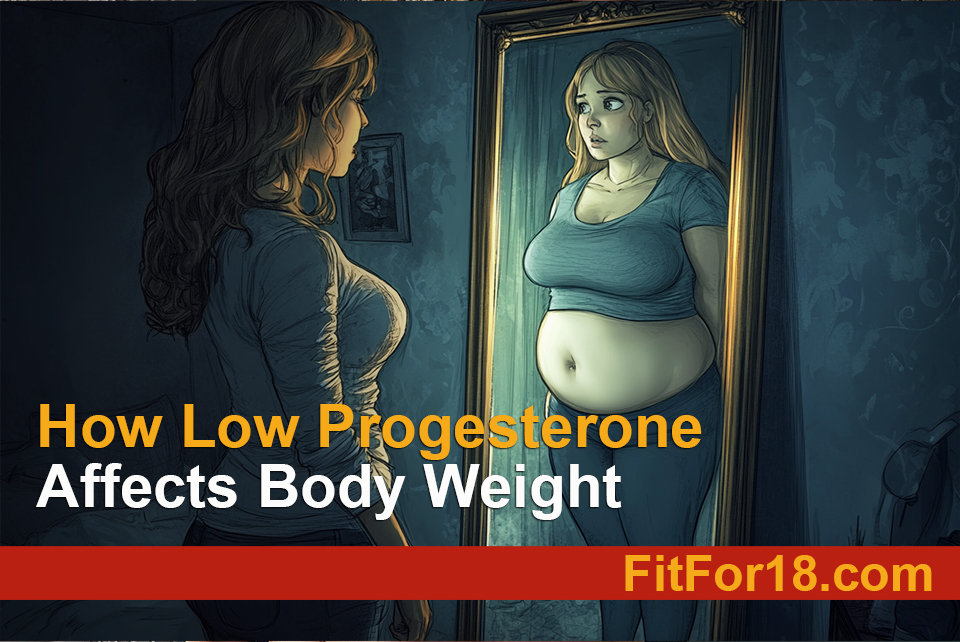
How Low Progesterone Affects Body Weight
How low levels of progesterone can significantly impact body weight.
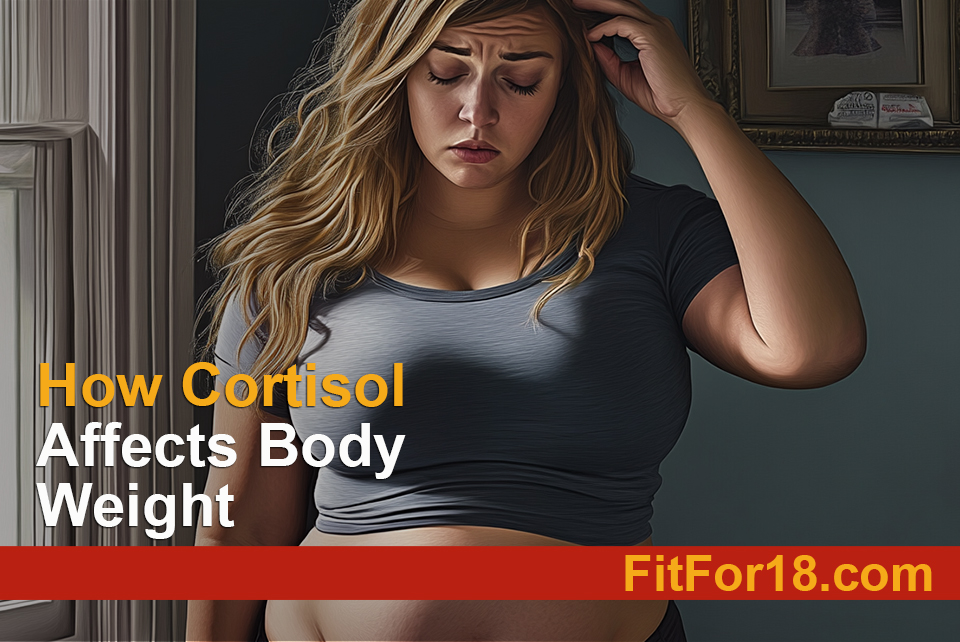
How Cortisol Affects Body Weight
The physical effects of cortisol and its influence on body weight.
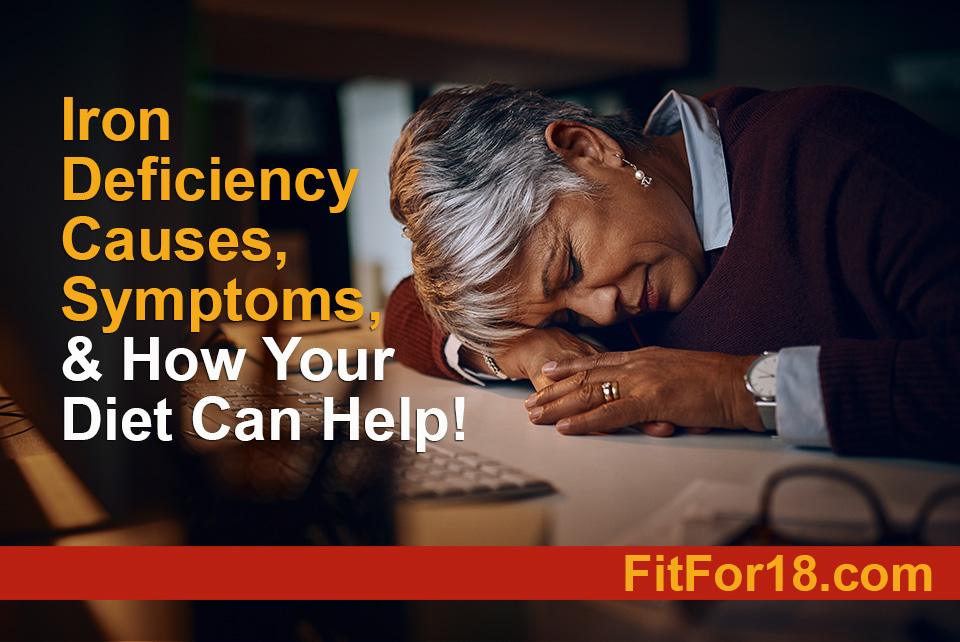
Iron Deficiency Causes, Symptoms, and How Your Diet Can Help!
Understanding iron deficiency and how your diet can help.

Get Moving: Top 5 Physical Activities For a Vibrant Retirement
A list of the top five physical activities that are perfect for retirees.
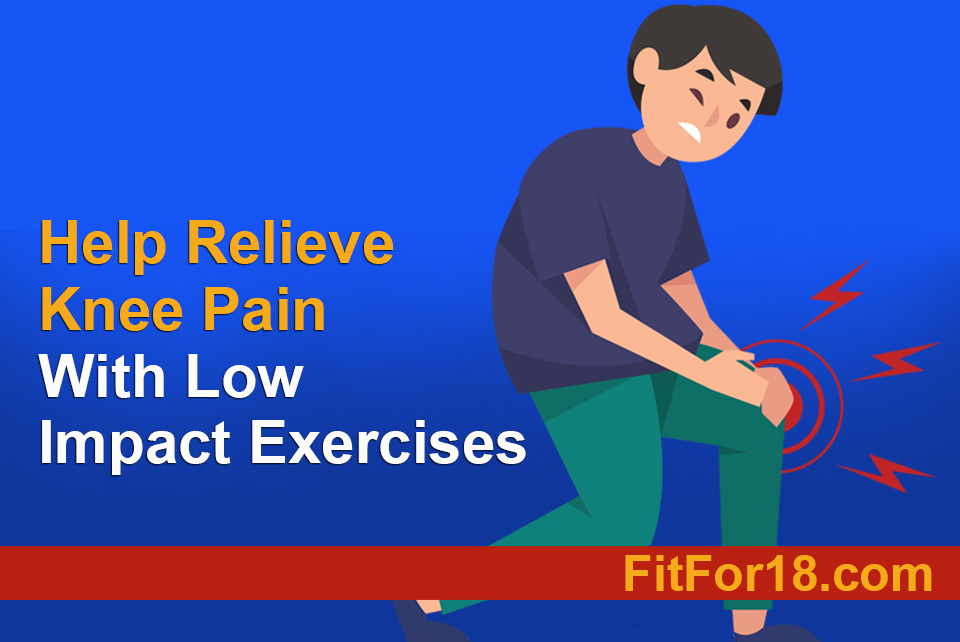
Help Relieve Knee Pain With Low Impact Exercises
Some common causes of knee pains and workouts that can help relieve them.

Losing Weight After Menopause
The challenges of losing weight after menopause and how to boost your chances of weight loss.

Weight Loss Guide for Those with Thyroid Disorders
Lifestyle choices that support weight loss and the well-being for those with thyroid challenges.

Red Wine, The Weight Loss Elixir
The benefits of red wine and how it can help you through your weight loss journey.

